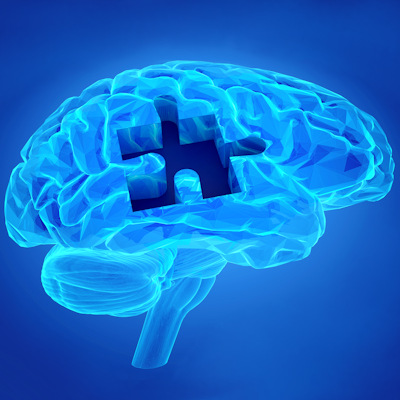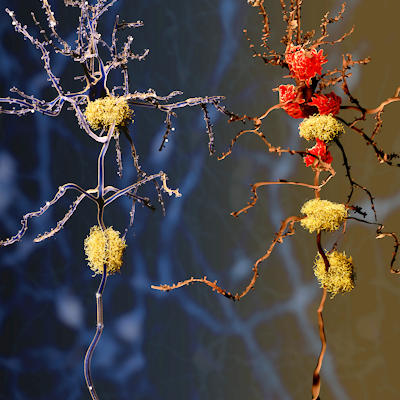In this video interview, Dr. Michael K. Racke, medical director for neurology at Quest Diagnostics, spoke to Stephen Wellman, director of content and strategy at LabPulse and The Science Advisory Board, about the challenges associated with identifying those who do not have Alzheimer's and may have reversible conditions that mimic dementia.
The RestoreU service seeks to help address such challenges by incorporating the results of laboratory tests ordered by physicians from Quest along with the patient's health history, including comorbidities, lifestyle habits, and medications. uMethod’s AI platform then assesses 50-plus risk factors, pinpointing areas of concern and ultimately generating a personalized care plan with evidence-based, actionable treatment recommendations.
Copyright © 2023 scienceboard.net
Last Updated mp 5/12/2023 3:54:39 PM







